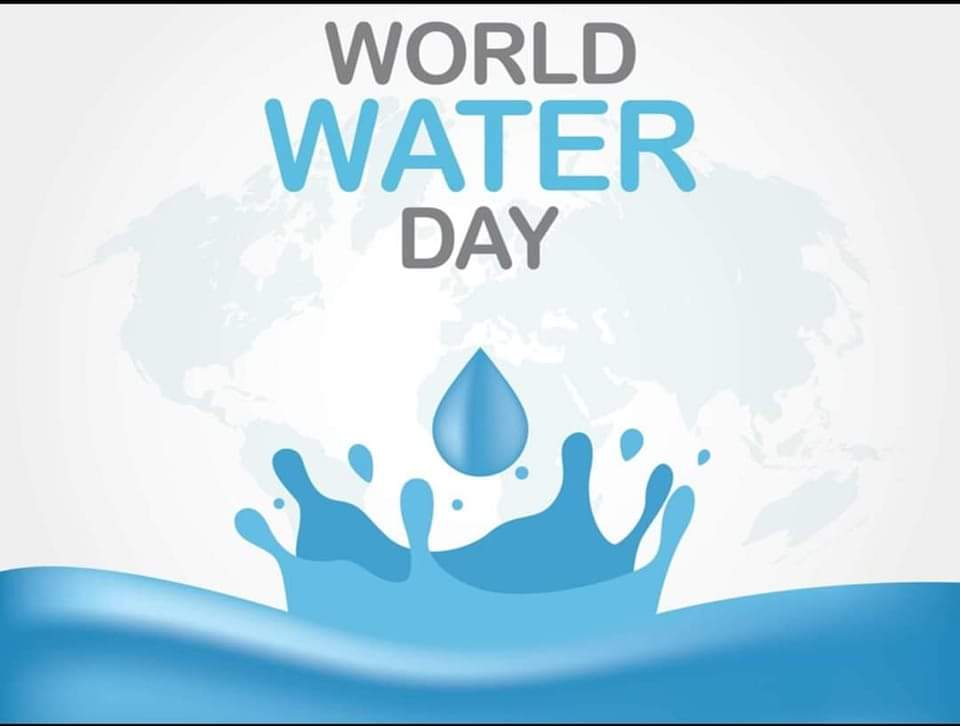By: Saima Sammar
As the world marks World Water Day on March 22nd, Lahore, home to over 15 million residents, is ramping up efforts to combat its pressing water management issues. Under the theme “Leveraging Water for Peace,” initiatives spearheaded by the Water and Sanitation Agency (WASA) are aimed at not only addressing immediate challenges but also fostering a culture of sustainable water practices and public awareness.
DMD Abdul Latif, the spokesperson for WASA, has reiterated the critical importance of prudent water usage, stressing the finite nature of water resources. In response to this, WASA has implemented a strict policy of fines for water wastage, with penalties ranging from 10,000 to 20,000 Rupees for domestic and commercial users, respectively.
In a bid to bolster water distribution infrastructure and conservation efforts, WASA has launched an array of ambitious programs. These include the construction of the Ravi Syphon, a vital project alongside the establishment of a Surface Water Treatment Plant boasting a capacity of 54 million gallons per day (MGD). Additionally, the agency is actively involved in the development of transmission mains and distribution networks, with a focus on rehabilitating or replacing existing infrastructure, implementing metering systems, and installing SCADA (Supervisory Control and Data Acquisition) systems. The benefits of these projects will be felt by approximately 1,070,000 residents across four key areas of Lahore: Baghbanpura, Shadipura, Fatehgarh, and Mughalpura.
Acknowledging the financial burden associated with water testing, WASA has taken proactive steps by establishing free water testing laboratories. Concurrently, the government is rolling out measures such as the construction of underground water tanks to mitigate the challenges posed by dwindling freshwater reserves and melting glaciers.

Despite these efforts, the city continues to grapple with waterborne diseases, particularly during the spring and summer months. Dr. Hafsa Ahmed, a senior registrar at Mayo Hospital, has observed a surge in cases of cholera, diarrhea, hepatitis A and E, jaundice, and typhoid during these seasons. She emphasizes the importance of timely intervention, noting that while patients typically recover from cholera within a week with proper treatment, cases of hepatitis A and E may require up to two weeks for recovery, depending on the severity.
Tragic incidents have underscored the urgency of the situation, with reports of a 38-year-old man succumbing to complications from consuming contaminated drinking water in Youhannabad. Furthermore, a child experiencing health issues, including anal bleeding, due to repeated consumption of unsafe water highlights the immediate need for action.
Mrs. Zara Gill, a concerned homemaker, has raised alarms regarding the hazards associated with contaminated water consumption, particularly among children who often lack access to adequately filtered water, especially in schools. She urges authorities to prioritize the inspection of filtration systems and water dispensers in educational institutions, advocating for penalties against those failing to provide safe drinking water to students.
In light of these challenges, Lahore remains steadfast in its commitment to addressing the water crisis through collective action and proactive measures. As the city navigates the complex terrain of water management, concerted efforts are imperative to safeguard public health and mitigate the looming threat of water scarcity.


